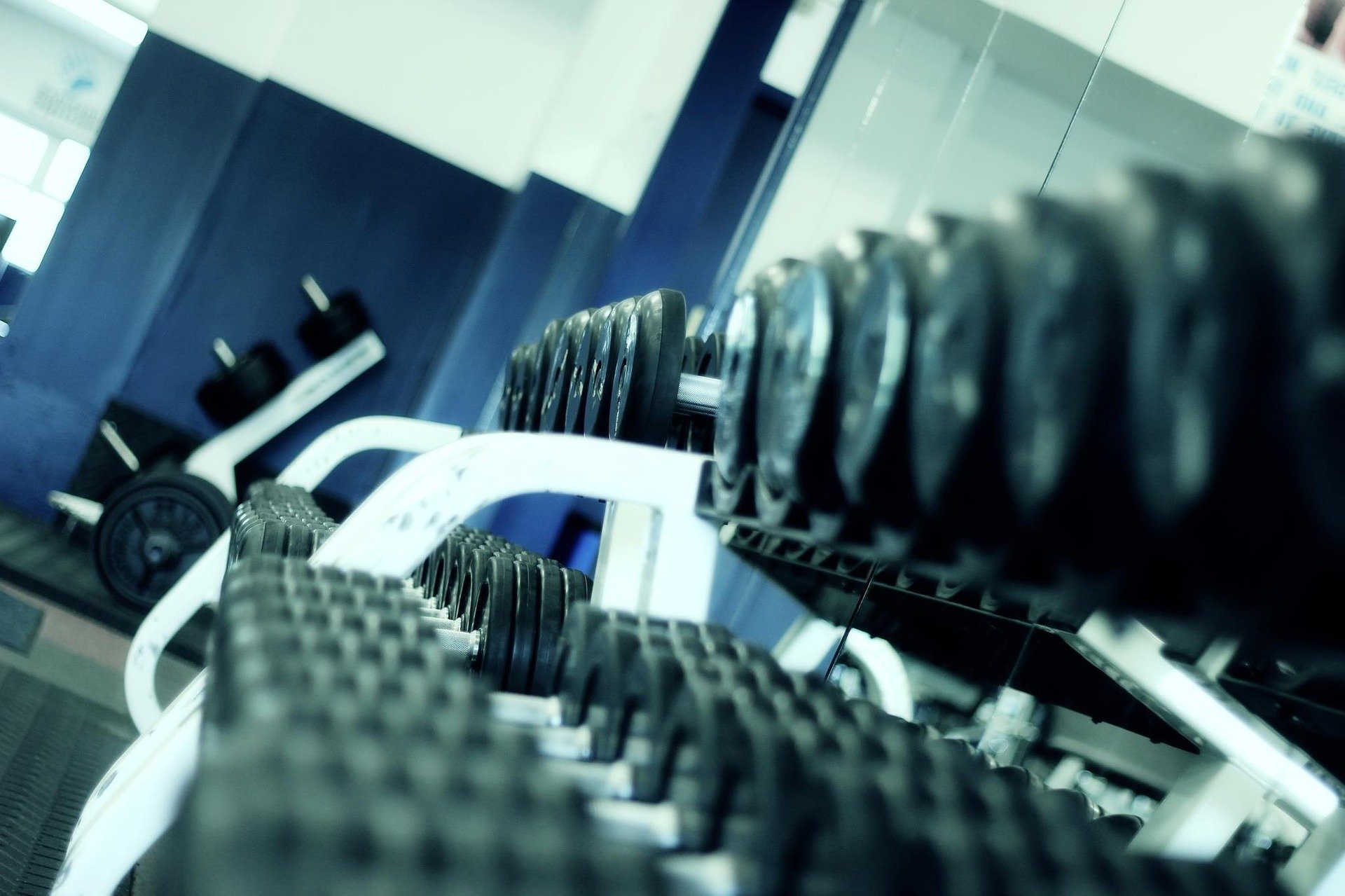Decision Fatigue Can Prevent You From Achieving Your Fitness Goals. Here’s How To Achieve Them Anyway
This article is part of my “setting yourself up for success” series, where I share strategies to help you achieve your goals. Here, I’ll share some advice to help you follow through and make healthy choices. It’s all about reducing “decision fatigue”.
What is Decision Fatigue?
Does this sound familiar? You’ve set yourself an exercise goal – you’re going to walk every evening. But now it’s 5:15pm, you’ve had a stressful and busy day at work, and you just got home and sat down on the couch.
You'll need to decide to get up, pick out your walking clothes, and choose which route to walk if you want to achieve your goal. The couch is so comfortable and you’ve already done so much today, you end up skipping your walk.
You’re not being lazy, you’re in the grips of decision fatigue.
Each decision you make uses mental energy, and as the day goes on it gets harder and harder to keep making good decisions. That’s known as decision fatigue.
Whether you realize it or not, you make thousands of decisions, large and small, every day. In fact, one study found that the average person makes more than 220 daily decisions just about food.
Some of these are conscious decisions, like what to eat for breakfast, but most of them happen subconsciously – you don’t even realize you’re making a decision. While it might seem like you’re in control of each decision you make, research has found that that’s not necessarily the case.
Decision fatigue has been found to affect judges’ decisions to grant or deny parole applications as well as doctor’s decisions on whether or not to prescribe antibiotics.
How Does Decision Fatigue Affect Your Ability To Exercise?
Decision fatigue is especially important when it comes to achieving your health and fitness goals.
Following through on your goal behaviors usually means making the more difficult choice. It’s easier to go through the drive-through than it is to prepare a healthy meal. It’s easier to sit on the couch than it is to put on your exercise clothes and do your workout.
Decision fatigue makes those already tough tasks even tougher. When you experience decision fatigue, your brain is more likely to fall back on easy and familiar behaviors, which are usually the less healthy options.
Of course, if you want to achieve your health and fitness goals, you have to make those difficult choices. That’s why it’s essential to minimize the effects of decision fatigue as much as possible.
How To Stop Letting Decision Fatigue Affect Your Health Choices
You may know Steve Jobs, who was the CEO and co-founder of Apple. Here are some pictures of him over the years. Notice anything?
He’s wearing the same outfit – a black turtleneck, jeans, and sneakers. He wore this pretty much every day. Why? Because wearing the same thing each day meant one less decision he had to make, so he could save his mental energy for more important things.
Think about the decisions that you make every day and see if you can take some of them out of the equation.
Narrow Down Your Options
If you have to sift through hundreds of recipes or workout videos to decide what to do, there’s a good chance that decision fatigue will creep in.
For healthy eating, you should have a few “go-to” healthy breakfasts, lunches, dinners, and snacks that you like and that are simple and quick to prepare.
Similarly, you should have a handful of “go-to” exercises that you know how to perform and can structure into workouts.
Plan Ahead
Don’t wait until you’re hungry to decide what to eat, or until you get to the gym to decide which exercises to do. Do as much of the decision-making and hard work as you can ahead of time.
If your healthy lunch is already made and in the fridge, you have fewer choices to make at lunchtime. If your workout is already written down, you don’t have to make many decisions in the gym. All you need to do is follow through on the hard work you’ve already done.
Do Your Healthy Behaviors Early In The Day
You should also “front-load” your healthy choices. You have the most mental energy early in the day, before your decisions start to pile up. As much as you can, try to do your healthy behaviors early in the day.
Schedule Your Habits
Finally, schedule your habits and treat them like any other appointment. This makes you less likely to view your behavior as a choice but rather as something you need to do.
If You Need Help
To use this strategy effectively, it's important that you set clear goals and make solid plans to follow through. For help with that, download my FREE Goal-Setting Guide.
This eBook will walk you through the process of finding your motivation, setting effective goals, and making plans so you turn your goals into concrete daily action steps.


